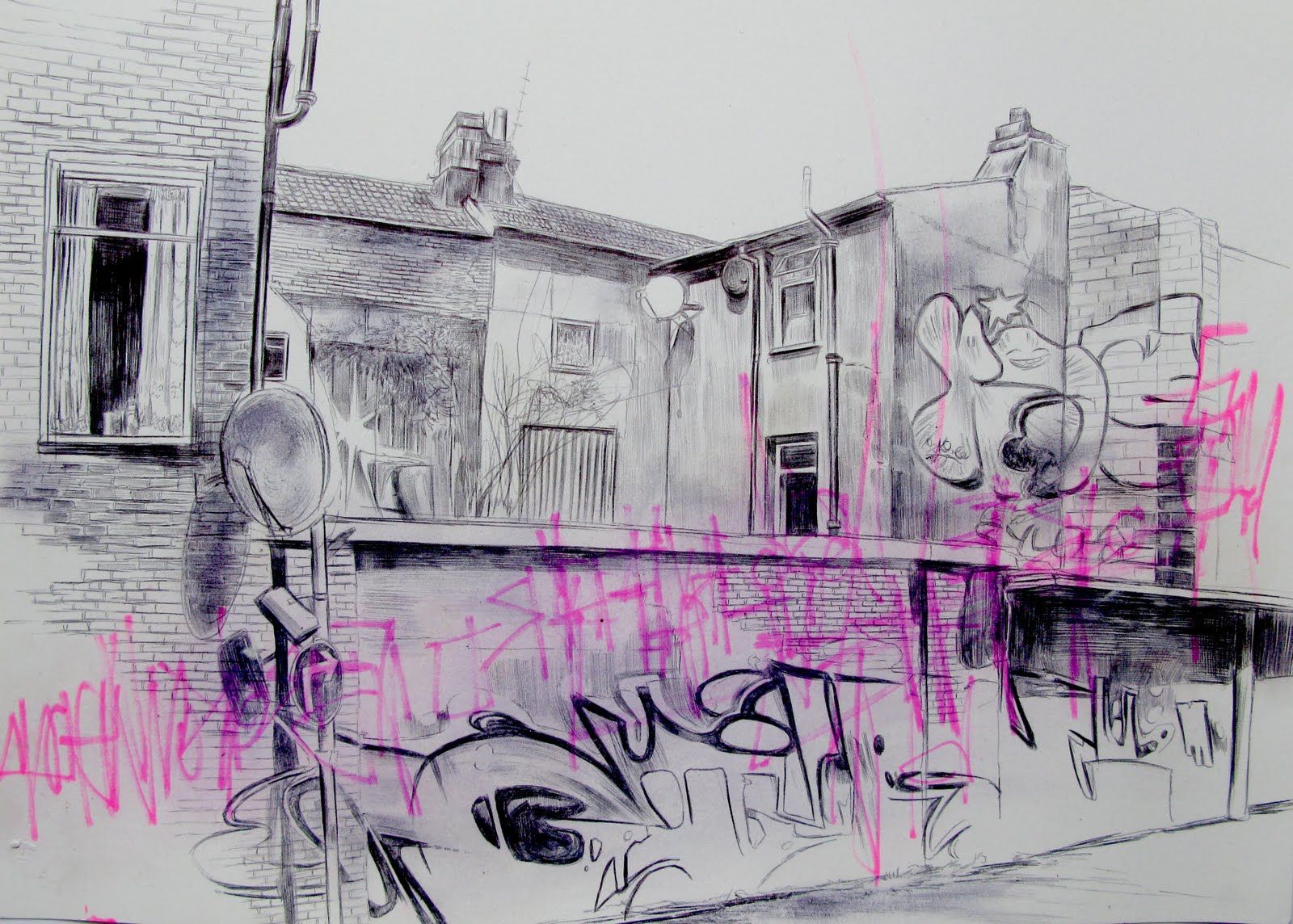The right to the city is a cultural right as much as it is a political and social one. Over the past fifty years, capitalism has dramatically changed the character and rhythm of the city. As rents have gone up and schools have been neglected and privatized, our alienation from urban environments has been underlined. This is illustrated and concentrated in the relationship of both governments working and poor people to art.
Read moreNo More Art Districts
Montmartre during the Paris Commune (1871)
The pooling of artists in global cities has become a destructive anachronism; destructive to artists, working-class communities in those cities, and destructive to art itself.
The formation of art enclaves in industrial capitalism, during a century of accelerating aesthetic and conceptual innovation (1850-1950) had a progressive logic. Artists’ innovations fed off their physical proximity to each other. Moreover, these aesthetic and conceptual interventions were often in political sympathy to the industrial working-class concentrated in cities like London, New York, Paris and Berlin. Artists found a radical, and oftentimes working-class, cosmopolitanism in these artistic enclaves. Gentrification had not yet evolved to exploit artists as it does today.
Read moreShake the City: Experimental Theses on Space and Time, Music and Crisis
Brighton Walls by Laura Oldfield Ford.
Plato insisted that slaves, allowed full access to musical and artistic expression, might bring down Athens. Though it was clearly a turn of frenzied hyperbole on his part, he also appears to have seen a genuine danger, not just in the underclass’ possession of music, but in its ability to change it.
“Musical innovation is full of danger for the state,” he wrote, “for when the modes of music change, the laws of the state always change with them.” Or, in its catchier, vulgarized version, “when the mode of the music changes, the walls of the city shake.”
Read moreGood Bait: A Lesson In the Political Economy of Desire
black on black on Black on
Timbs;
an interruption – no,
an intervention.
a reminder to the Columbus-ing ass fuckboys
(and girls) that
they
still
The Flood
An Announcement From Red Wedge
Red Wedge was founded in the wake of Occupy Wall Street and the Arab Spring. Despite any number of heroic struggles, most notably (in the U.S.) Black Lives Matter (BLM), things are far grimmer today. The weakness of the workers’ movement the radical left is mirrored in the weakness of the artistic and cultural avant-garde. This two-sided problem, of course, has a major impact on Red Wedge, rooted in our belief both in the independence of art and the possibility of a revolutionary socialist project.
A defeated and marginalized left bears little fruit. A false dichotomy between theory and activism pervades the left. There are the academics who look down on concrete activism. Then there are the oddly anti-intellectual activists who have internalized diminished horizons. The latter are those who might say the “workers don’t want to read/think/look” at that...
Read more

